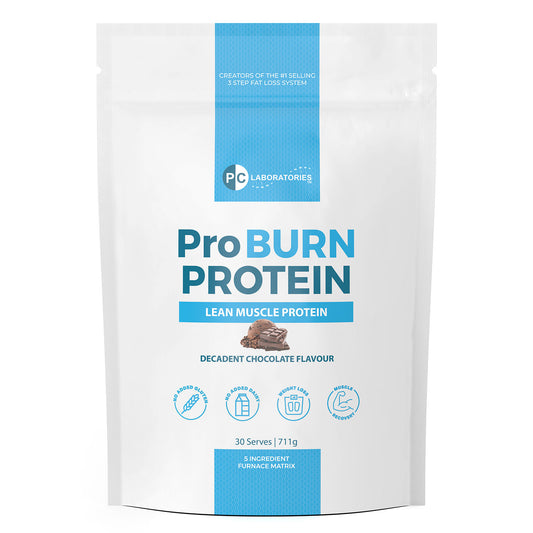There has been a rumour going around since the beginning of time that carbohydrates make you fat. However, this couldn’t be further from the truth. The key to optimal health is eating every food group in moderation. Your body needs protein, fats, water and carbohydrates. Another rumour is that “all carbs are bad.” But there are different types of carbs you should know about.
What Are Carbohydrates?
First things first, carbohydrates are one of three macronutrients found in food. (The other two are fat and protein.) “Macronutrients” refers to the nutrients that form the majority of our diet. And the truth is, it’s rare to find a food that contains just one nutrient. Most foods have a combination of carbohydrates, fats and proteins in different amounts. In terms of carbs, there are three types that you can find in food.- Sugar: Also called free sugars, you should stay away from the kind added to food and drink, such as chocolate, flavoured yoghurts, breakfast cereals and fizzy drinks. The free sugars in honey, syrups and unsweetened fruit juices happen naturally but we also need to ensure we don’t eat too much of these either.
- Starch: This is found in foods that come from plants. Starchy foods consist of bread, rice, pasta and potatoes and we rely on them for a slow and steady release of energy as the day goes on.
- Fibre: This is found in the cell walls of foods that come from plants. There are several sources that are good for our health, including fruit, vegetables, oatmeal, whole grain bread, wholewheat pasta and lentils.
What Are Carbohydrates Used For?
Carbohydrates should generally be used for the following purposes.- To provide you with energy — they are converted by the body into glucose to be used for energy by the muscles and other bodily functions
- To aid your muscle recovery — they are converted into glycogen to be stored in the liver and muscles as a replenishment source
When excess carbs aren’t being used for these purposes, your body will store them as fat. To prevent this from happening, you should regulate your carbohydrate intake.
When Should You Eat Carbohydrates?
Your best bet is to eat carbohydrates around your exercise regime — but only if it’s the right type of carb.- Breakfast: Avoid starchy carbs and the kind that claim to provide energy at the beginning of the day. If you eat these foods for breakfast, your body will be stuck in a cycle of sugar dependence and start burning these for energy instead of fat. Your fat-burning metabolism will then crash, causing your energy levels to drop. Instead, stick to fibre foods, such as oatmeal.
- Lunch: If you’ve worked out in the morning, you should eat some starchy carbs for lunch. This will stabilise your glycogen levels and keep your muscles full and shapely. If you haven’t done any exercise pre-lunch, you can eat fibre foods because these are beneficial for your body at any time of day. Just make sure you don’t overdo them in any one meal. In terms of free sugars, the best time to consume these is just after lunch. This is so that your body has more time to burn off the calories before you go to bed.
- Dinner: Follow the lunch rules depending on whether you’ve worked out in the afternoon.
Also, it’s worth mentioning that you can fill up on vegetables for any meal. How come? Well, they’re full of ber, which maintains your blood sugar, alleviates your cravings and keeps you feeling fuller for longer.
How Many Carbohydrates Should I Have?
According to government healthy eating advice, just over a third of your diet should be made up of the starchy foods we talked about earlier. (Quick refresher: these are potatoes, bread, pasta and rice — to name a few!) Another third should be fruit and vegetables. Essentially, this means that over half of your daily calorie intake will consist of starchy foods, fruit and vegetables.








